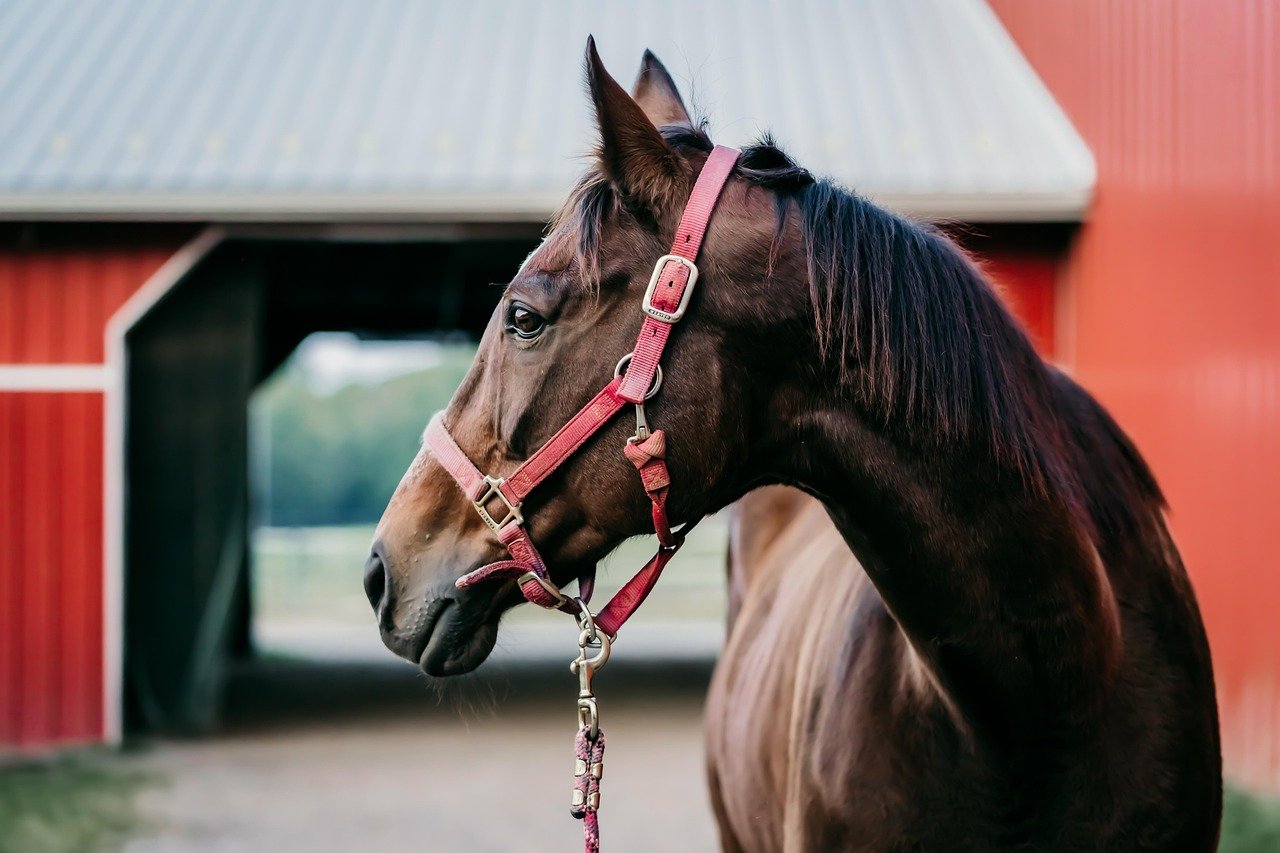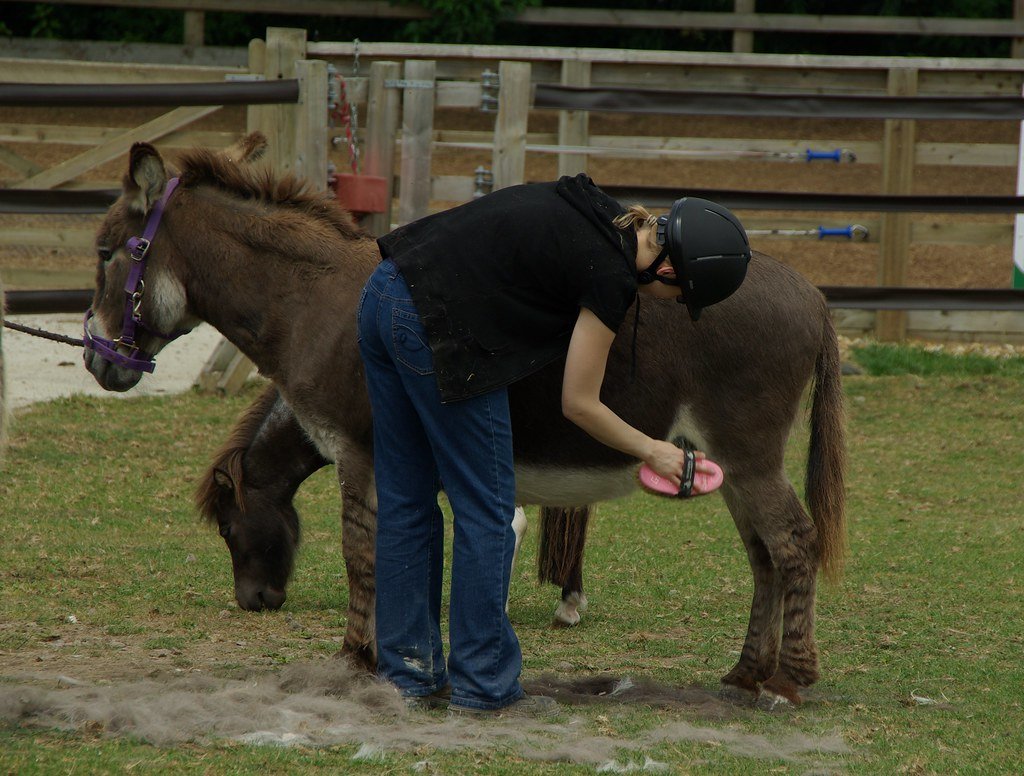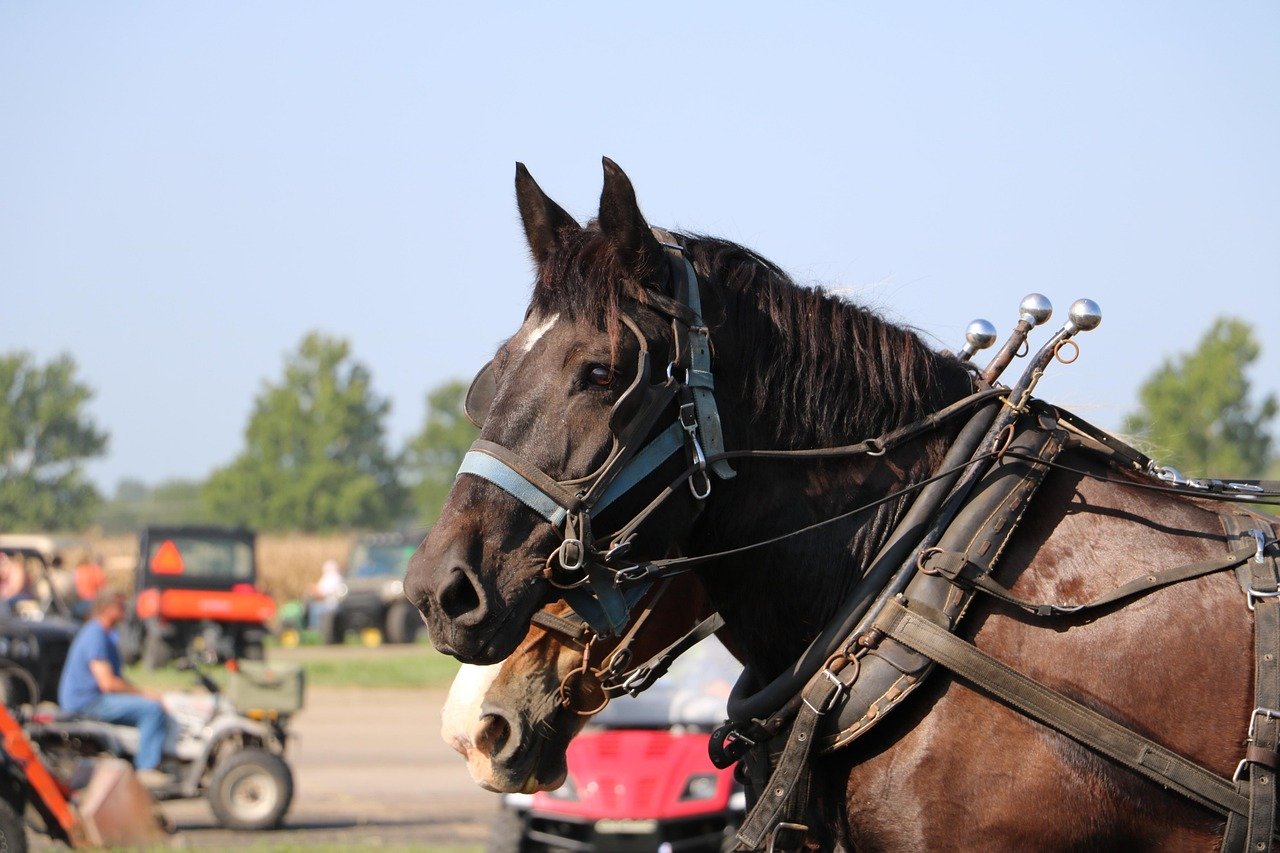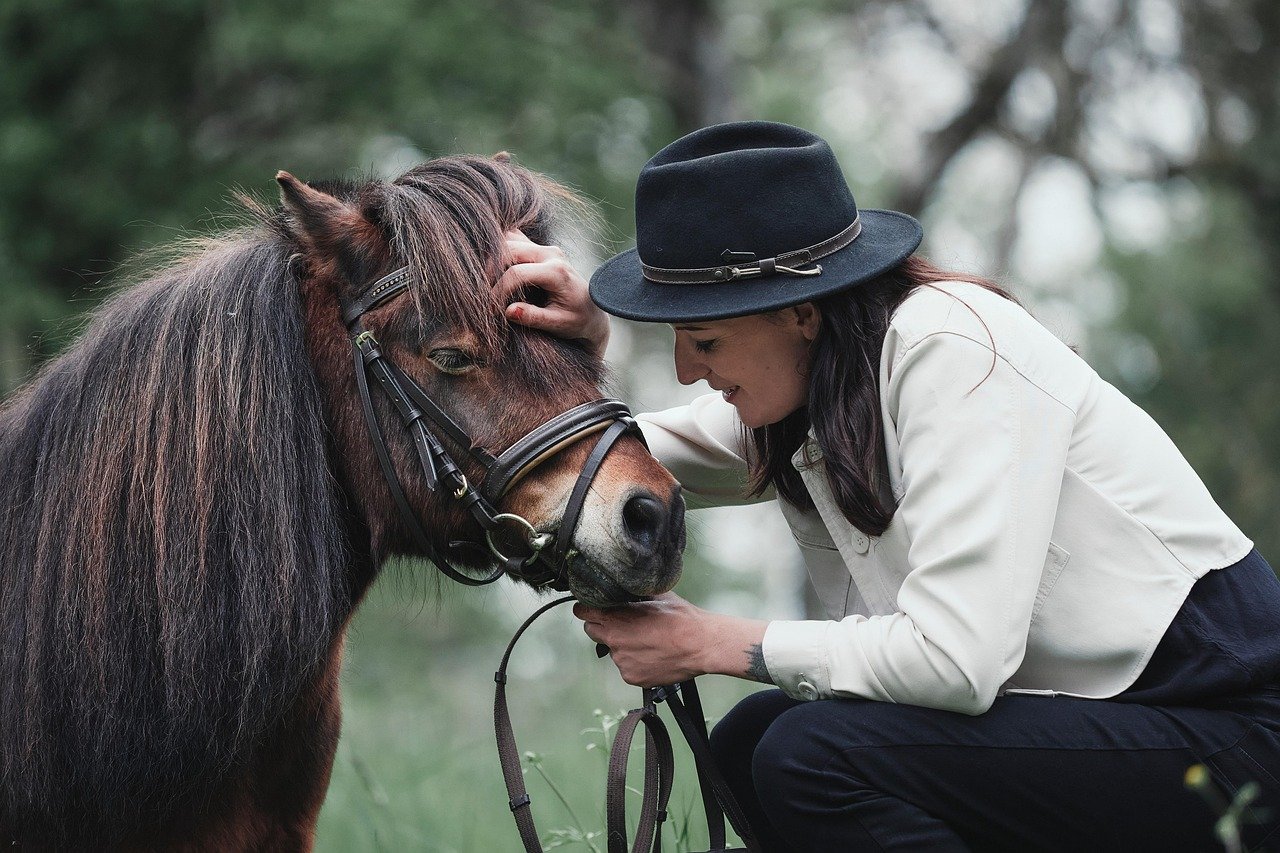Ever feel like your horse is on edge for no reason? You’re not alone. Sometimes, the very things we do out of love or habit can turn a calm horse into a bundle of nerves. Horses are masters at picking up on our quirks—often in ways we’d never expect. If you’ve ever watched your horse pin its ears or toss its head and wondered “What did I do?”—this is for you. Let’s dive into the surprisingly common human habits that make our equine friends want to bolt for the hills, and see how a few changes can help you become your horse’s favorite human again.
Sudden Loud Noises
Slamming a car door, shouting across the yard, or blasting music might seem harmless to us, but to a horse, it’s like a mini earthquake. Their sharp hearing and prey instincts make unexpected sounds feel threatening, sparking anxiety or flight responses.
You might notice your horse snorting, spooking, or even bolting when startled. To help, try maintaining a calm, quiet environment in the barn. Announce your arrival softly and avoid sudden, jarring noises around your horse.
Unpredictable Movements
Quick, jerky gestures—like waving arms or rushing around—can send a horse’s heart racing. Horses rely on reading calm, steady body language to feel safe, and erratic human motion is confusing at best, alarming at worst.
If your horse sidesteps or throws its head up, it might be reacting to your movement. Slow down, move deliberately, and use gentle gestures to reassure your horse you’re not a threat.
Inconsistent Feeding Times
Horses thrive on routine, especially when it comes to meals. Feeding at random times can leave them stressed and anxious, as their digestive systems and mental wellbeing crave predictability.
A horse that paws at the stall or whinnies incessantly could be telling you it’s anxious about dinner. Try to stick to a regular schedule, even on weekends or days off, to keep your horse feeling secure.
Strong Perfumes and Lotions
Horses’ sensitive noses can be overwhelmed by scented products. A perfume that smells lovely to you might be overpowering—even nauseating—to your horse, making grooming or riding time less enjoyable.
If your horse turns its head away or seems restless when you approach, your scent could be the culprit. Opt for unscented lotions and avoid heavy perfumes before heading to the barn.
Approaching from Blind Spots

Horses have a wide field of vision but two key blind spots: directly behind and right in front of their noses. Sneaking up on them from these areas can result in frightened reactions or defensive kicks.
If your horse startles or tenses up when you appear, you may be approaching from the wrong angle. Always let your horse know you’re there by speaking softly and approaching from the side where they can see you.
Too Much Hugging and Clinging
As much as we love to cuddle our pets, horses aren’t natural huggers. Excessive hugging or draping yourself over your horse can feel restrictive or even threatening, triggering discomfort or anxiety.
Watch for pinned ears, a swishing tail, or leaning away—these are clear cues that your horse needs space. Show affection with gentle scratches or calm presence instead of tight embraces.
Ignoring Subtle Body Language
Horses speak volumes with their bodies—flattened ears, shifting weight, or a swishing tail are all ways they communicate. Overlooking these cues can leave your horse feeling misunderstood or unsafe.
If you notice your horse acting “off” or reluctant, take a step back and observe. Responding to their subtle signals builds trust and helps prevent bigger issues down the line.
Rushing Grooming and Tacking Up

Quick, rough grooming or slapping on tack in a hurry can make horses tense and uneasy. They appreciate slow, rhythmic brushing and gentle handling, which mimic social grooming in the herd.
If your horse fidgets or backs away during grooming, it’s a sign you might need to slow down. Make each step a calm ritual, allowing your horse to relax and enjoy the interaction.
Overuse of Gadgets and Training Aids

Modern gear can help with training, but too many gadgets at once can overwhelm or confuse your horse. Tight nosebands, harsh bits, or complicated side reins can cause discomfort or even pain if not used thoughtfully.
If your horse resists the bridle or tosses its head under tack, check your equipment. Use training aids sparingly and always prioritize comfort and clear communication.
Forgetting to Say Hello and Goodbye

It sounds silly, but skipping a friendly greeting or abrupt departures can unsettle your horse. Horses are social animals and look for cues that you’re present and attentive to their needs.
A horse that stands at the gate or seems reluctant to leave you may crave more connection. Start and end each session with a soft word or gentle touch—it’s a small act that makes a big difference.
Horses are sensitive souls, and the little things we do can mean the world to them—or drive them up the wall. With a bit of empathy and awareness, you can turn everyday habits into moments of trust and understanding. Have you noticed your horse reacting to any of these habits?





